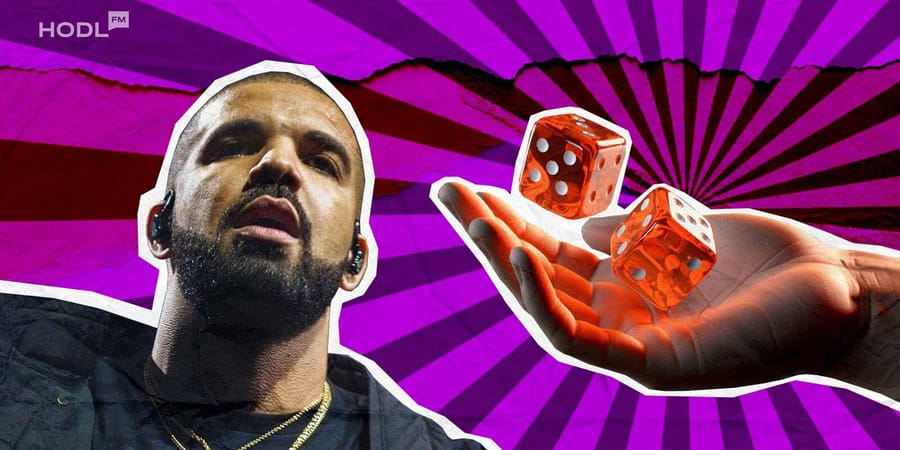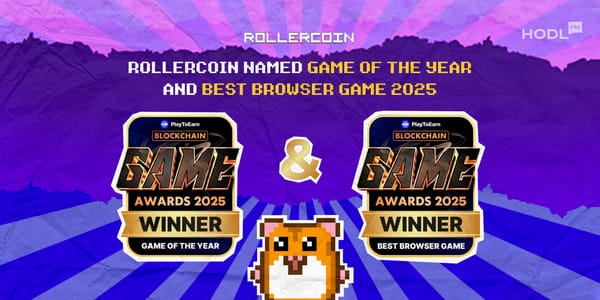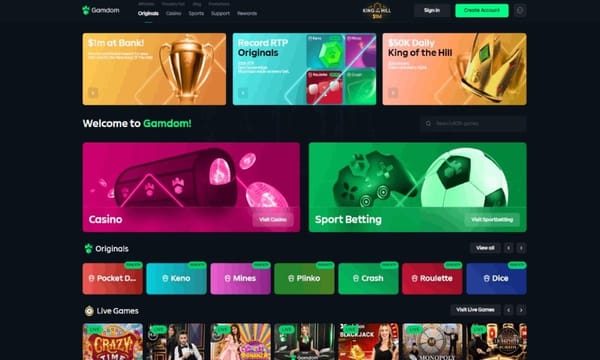In the intersection of celebrity culture and cryptocurrency regulation, rapper Drake and popular streamer Adin Ross are facing a class-action lawsuit over their alleged promotion of the crypto casino Stake in what plaintiffs describe as a “deeply fraudulent” manner. The case, filed earlier this week in a Missouri county court by Stake.us user Justin Killham, accuses the pair of misleading marketing practices that purportedly exposed users, particularly younger audiences, to significant financial and psychological risks.
The lawsuit marks the latest in a series of challenges for Drake, who is already appealing the dismissal of a defamation suit against Universal Music Group (UMG) over Kendrick Lamar’s hit track “Not Like Us.” For the rapper, it highlights growing scrutiny over both his legal battles and his role in the crypto entertainment space.
Stake under the spotlight
Stake, an Australian-founded crypto casino platform that expanded globally through high-profile partnerships, has faced mounting criticism for blurring the lines between entertainment and real-money gambling. Stake.us, its U.S. subsidiary, positions itself as a “social casino” allowing players to use in-game “Gold Coins” with no monetary value. However, the lawsuit claims that a parallel in-app currency, “Stake Cash”, can be redeemed one-to-one for U.S. dollars, effectively enabling unlicensed gambling.
“Despite Defendant’s claim that players are purchasing harmless virtual tokens, the pricing structure and game play reveal that Stake Cash, not Gold Coins, is the real product Stake is selling to entice players into engaging in real-money gambling,” the filing alleges.
The complaint goes further, stating that Drake and Ross promoted the site under “deeply fraudulent pretenses” by streaming and posting videos of high-stakes wagers, many of which were allegedly made using “house money” provided by Stake. Such undisclosed financial arrangements could constitute a violation of state gambling and consumer protection laws.
The “Drake Effect” and the rise of crypto gambling culture
Since signing a reported $100 million-a-year deal with Stake in 2022, Drake played a critical role in boosting the platform’s visibility through livestreamed gambling sessions and social media promotions, as noted by Financial Times. This phenomenon, dubbed the “Drake Effect” by crypto industry observers, dramatically increased web traffic and user sign-ups, particularly among younger fans captivated by Drake’s lifestyle and celebrity appeal.
Ross and fellow streamer Trainwrecks have also helped amplify the brand’s reach through Kick, a streaming service partly backed by Stake co-founders Ed Craven and Bijan Tehrani. Drake’s recent public fallout with Craven, which included a profanity-filled rant on a Kick chat before deleting his account, has only intensified attention on the relationship between celebrity promoters and crypto casinos.
Drake reportedly racked up millions in gambling losses during his streams, at times claiming to have lost over $20 million in a single session. Questions about whether these losses were real or staged for promotional purposes have circulated since 2023, fueling debate about transparency in influencer-driven marketing.
Legal parallels and industry ripple effects
The case against Drake and Ross echoes lawsuits that followed the collapse of crypto exchange FTX in 2022, where celebrity endorsers such as Larry David and Tom Brady were targeted for allegedly misleading promotions. While most of those cases were dismissed, largely because the celebrities lacked knowledge of internal fraud, legal experts note that the Stake situation may differ because it focuses on the nature of the endorsements themselves, not on undisclosed company misconduct.
From an industry perspective, this lawsuit could act as a stress test for the legitimacy and regulation of Web3 gambling platforms. Analysts estimate that over $500 million in venture funding flowed into blockchain-based gaming projects in 2025 alone. However, heightened regulatory scrutiny and negative publicity can lead to short-term corrections in related tokens, historically showing 10–20% declines within days of major controversies.
Traders are now monitoring metrics across gambling-focused cryptocurrencies such as FUN (FunFair) and WIN (WinkLink), as volatility tends to spike in times of uncertainty. Market watchers also point to potential impacts on broader crypto sentiment and correlated sectors, including online entertainment and tech stocks listed on exchanges like the Nasdaq.
Broader implications for investors and regulators
Amid growing concerns over influencer accountability, legal experts expect this case to accelerate calls for tighter regulation of celebrity crypto promotions. Regulators in the U.S. and abroad have struggled to keep pace with industry innovation, particularly as platforms like Stake navigate gray areas of gaming law by rebranding gambling as “social entertainment.”
For investors, the key takeaway may be the deepening link between celebrity-driven hype cycles and short-term market behavior. While short-term volatility can create speculative trading opportunities, sustained legal challenges could reshape the risk landscape for both promoters and crypto-entertainment companies alike.
Whether this lawsuit results in penalties or settlement remains to be seen, but the message is already clear: even global superstars like Drake are not immune to accountability in the fast-evolving world of crypto gambling.

Disclaimer: All materials on this site are for informational purposes only. None of the material should be interpreted as investment advice. Please note that despite the nature of much of the material created and hosted on this website, HODL FM is not a financial reference resource, and the opinions of authors and other contributors are their own and should not be taken as financial advice. If you require advice. HODL FM strongly recommends contacting a qualified industry professional.





